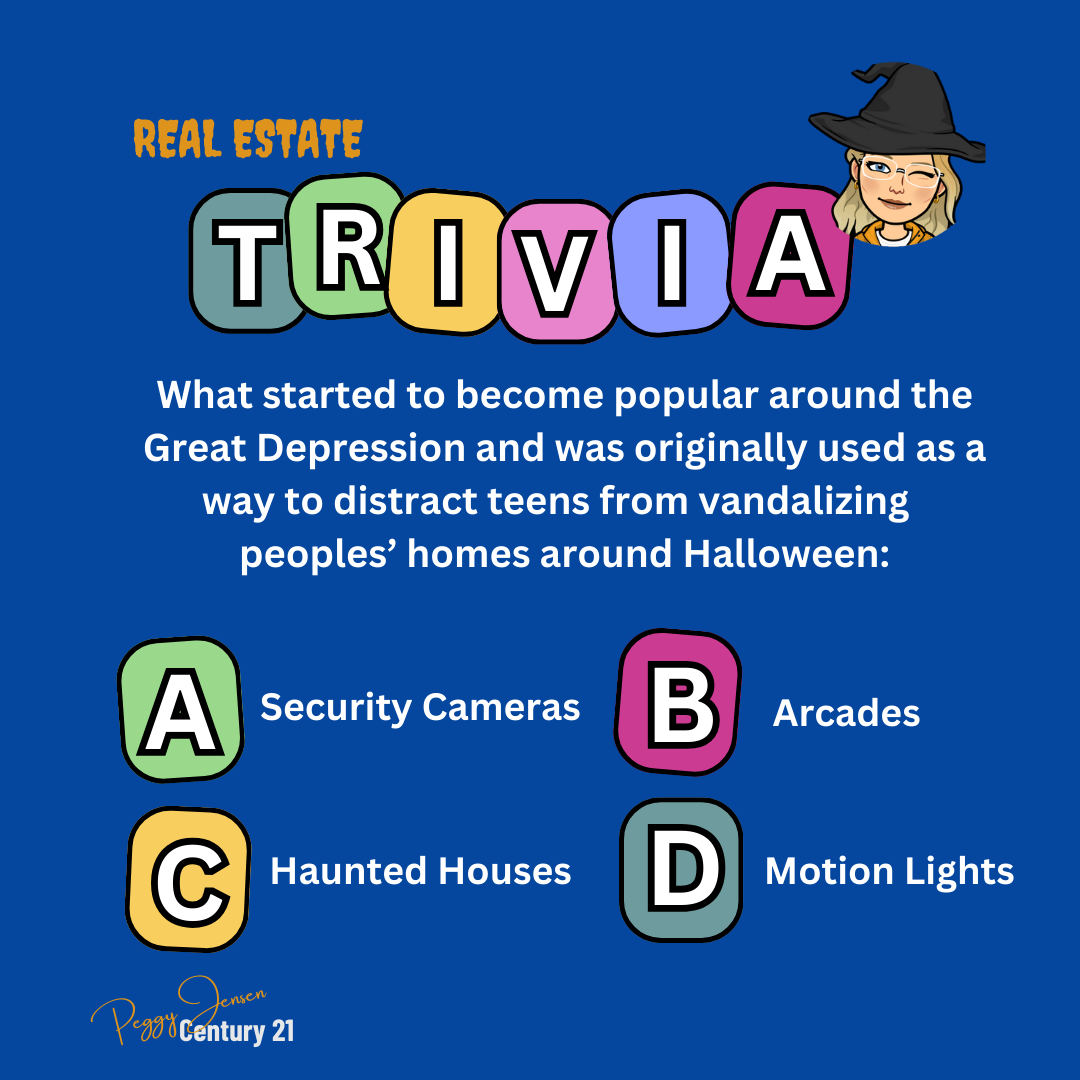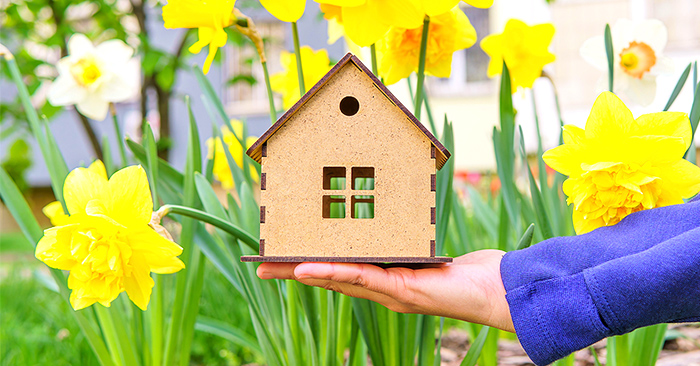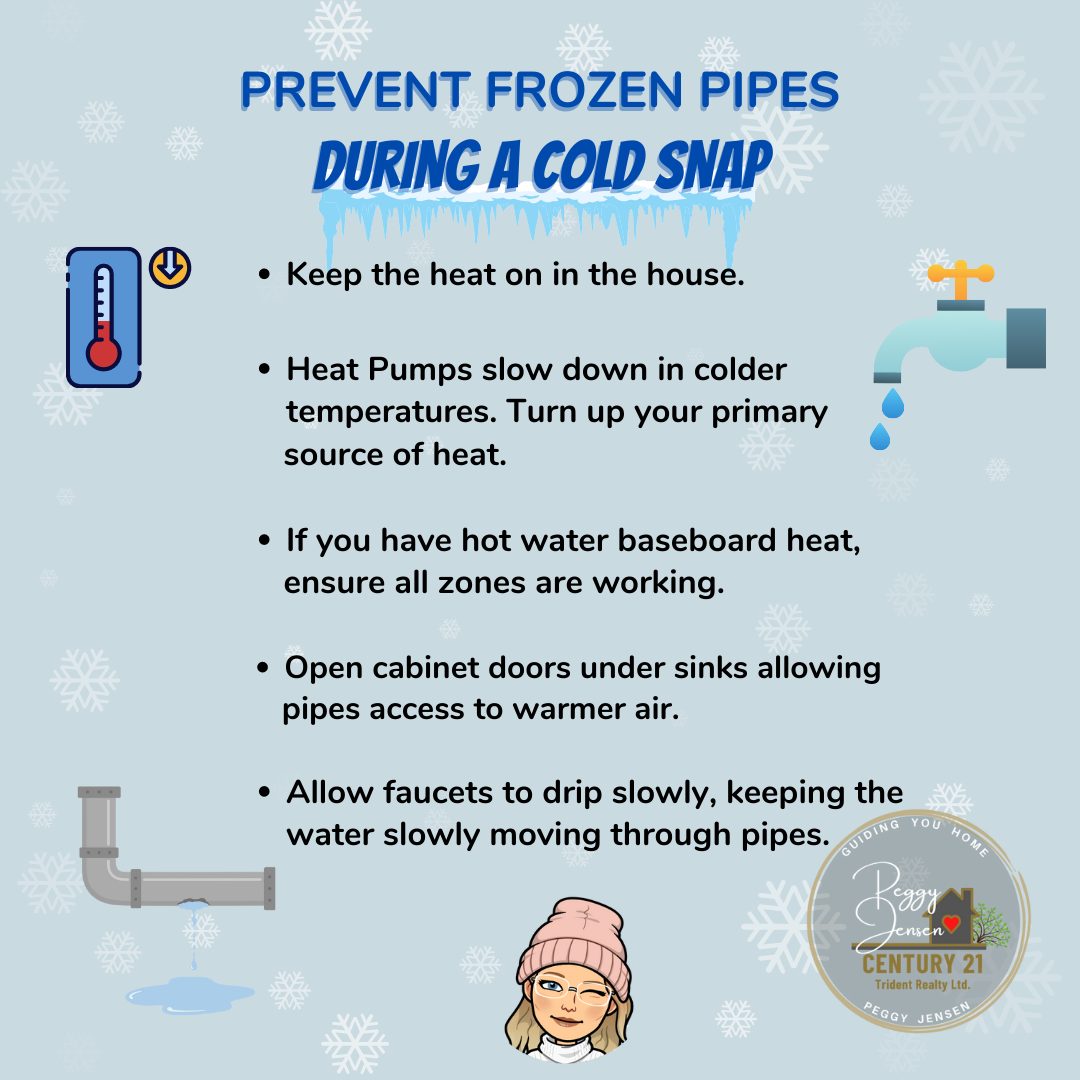The Origin of Halloween Haunted Houses

During the Great Depression, people were outraged when teenage boys vandalized towns on October 31 they found ways to keep them inside.
The Great Depression lasted from 1929 to the late 1930s. It was a period of severe economic downturn in the United States, Canada and Worldwide. During this time, Halloween, like many other aspects of life, was affected by the economic and social challenges of the era.
Parents, concerned about the safety of their children and the mischief that often occurred on Halloween night, began organizing alternative activities to keep young people off the streets. Vandalizing was a concern. One popular solution was the creation of “haunted houses” or “haunted trails.” These were organized, supervised events where children could enjoy Halloween festivities in a controlled and safe environment.
These early haunted houses were more like interactive plays, where kids would walk through a series of scenes with spooky decorations and actors portraying ghosts and ghouls. The intention was to provide a fun and spooky experience while ensuring the safety of the children.
This tradition of haunted houses and organized Halloween events has continued to evolve over the years and is now a widespread and popular part of Halloween celebrations in many communities. It’s a testament to how historical events, even something as significant as the Great Depression, can shape and influence cultural traditions in unexpected ways.
Home Features That Could Make a Home Harder to Sell

Home features — and whether they add to or detract from a property — are highly subjective. For example, a large backyard might be a non-negotiable for a family with small children, but a single buyer might actually see too much property as a downside. In other words, some features that attract you to a property might actually turn other people off about that same property.
And while differing opinions are fine, there are certain home features that, while you might love them, could actually make it harder to sell the property in the future.
So what, exactly, are those features? According to a recent article from realtor.com, features that could make it harder to sell your home (even if you personally love those features) include:
- Being located next to a school. If you have kids, buying a home that’s right next to their school could seem like a major selling point. But not everyone has (or likes!) kids. For those people, having a home so close to a school (and all the noise and traffic that goes with it) could be the opposite of a selling point.
- Being located near (or on) a busy street. If you want to live in a lively area and like to walk everywhere, buying a home next to a busy street full of restaurants, coffee shops, and stores probably feels like a no-brainer. But a lot of buyers are looking for a property that feels quiet and private. Being too close to a busy street generally translates to a lot of car and foot traffic, which is neither quiet or private and can turn off some buyers.
- A swimming pool. For some people, having a swimming pool feels like the ultimate “I made it!” home feature. But for others, a swimming pool feels like way too much work and upkeep. So, if you’re part of that first group, just realize that not everyone feels the same way about pools, and when you decide to sell, your “I made it!” feature could actually make the home harder to sell.
Buyers are looking for different features, depending on their own personal wants and needs. If you’re looking to buy or sell a home in the Halifax-Dartmouth-Bedford-Sackville and surrounding areas of Nova Scotia, don’t hesitate to call me!
https://peggyjensen.bestrealestateblog.com/home-features-that-could-make-home-harder-to-sell
Will the 2023 Spring Real Estate Market Be Different from the Past Few? Buyers & Sellers: Here’s What You Need to Know

Will the 2023 Spring Real Estate Market Be Different from the Past Few? Buyers & Sellers: Here’s What You Need to Know
Lighter Side of Real Estate and Peggy Jensen-Century 21 Trident
What are “Comps” in the Real Estate Market and Why Are They Important?

What's My Home Worth? Home Value? | Peggy Jensen - Century 21 Trident Realty

What are comps and why are they so important? Every industry has their own jargon including the real estate industry. When you decide to buy or sell a house, you will hear many words that you might not be familiar with. If you're unfamiliar with the word, "comps" is short for comparables.
What Makes a Good Comparable?
Comparables are houses that are currently on the market, under contract or recently sold. They're used to compare a house you're planning on buying or selling against others in the market. Comparables should be chosen objectively. Sometimes this can be difficult in a shifting market if there aren't many homes that have sold recently. Of course, no two houses are exactly alike either. Some similarities will probably include:
- Location and neighbourhood
- Square footage of home
- Lot size
- Similar number of beds, baths and rooms
- Condition (updates, curb appeal, presentation)
- Sold and recently closed
In a shifting market, everyone in the industry agrees that it can be difficult to pinpoint solid comparables. The Nova Scotia real estate market experienced an anomaly with all-time highs in 2022. This phase has eased up. Homes are not seeing huge amounts of multiple offers and wild above asking prices. The market has somewhat stabilized for right now. In most areas prices aren't plummeting. Since inventory has been low and continues to be, it can be difficult to find a lot of comparables within a short time period.
The Takeaway:
Sellers are hanging on to proof that their house is worth a certain amount based on sales when prices were at an all-time high. On the other hand, buyers often feel that prices should be coming down based on news of the shifting market and higher interest rates.
While comps are useful in determining values, a shifting market will present a challenge for sellers and buyers. It takes some time for data to catch up. A real estate agent will do a thorough market analysis using the most recent comparables available and be up to date on the most recent market trends in the area.
Tips To Help Prevent Frozen Pipes During a Cold Snap


Frigid temperatures broke cold weather records in all four Atlantic provinces over the weekend. On Saturday, Halifax Stanfield International Airport recorded temperatures of -25.6 C, breaking the record of -24.4 C set in 1971. The frigid cold temperatures are gone but the damage remains. Plumbers across Halifax Regional Municipality and Nova Scotia are struggling to keep up with demand as businesses and homeowners deal with burst pipes.
In case of an emergency, know where your main water valve is. Electricity may also need to be turned off in an area where a pipe has burst. Clean water up right away to prevent mildew. Call a professional plumber and your insurance company.
When cold weather is forecasted, a few things that may help to avoid frozen pipes are:
- Keep the heat on and consistent in hour house.
- If you have hot water baseboard heating, ensure all zones are working.
- Heat pumps slow down as the temperatures drops. Turn up your alternate source of heat.
- Open cabinet doors under sinks to allow warmer air to circulate.
- Keep a couple of taps on to drip slowly allowing water to slowly move through.
Adding insulation around pipes and walls is highly recommended. If you are away from your home during cold temperatures, ask a neighbour or friend to check on your house regularly. Special valves can be installed on the zones of your hot water furnace or boiler to block the water flow, should a pipe burst. Preventative maintenance is key to avoid disaster.

 Facebook
Facebook
 X
X
 Pinterest
Pinterest
 Copy Link
Copy Link